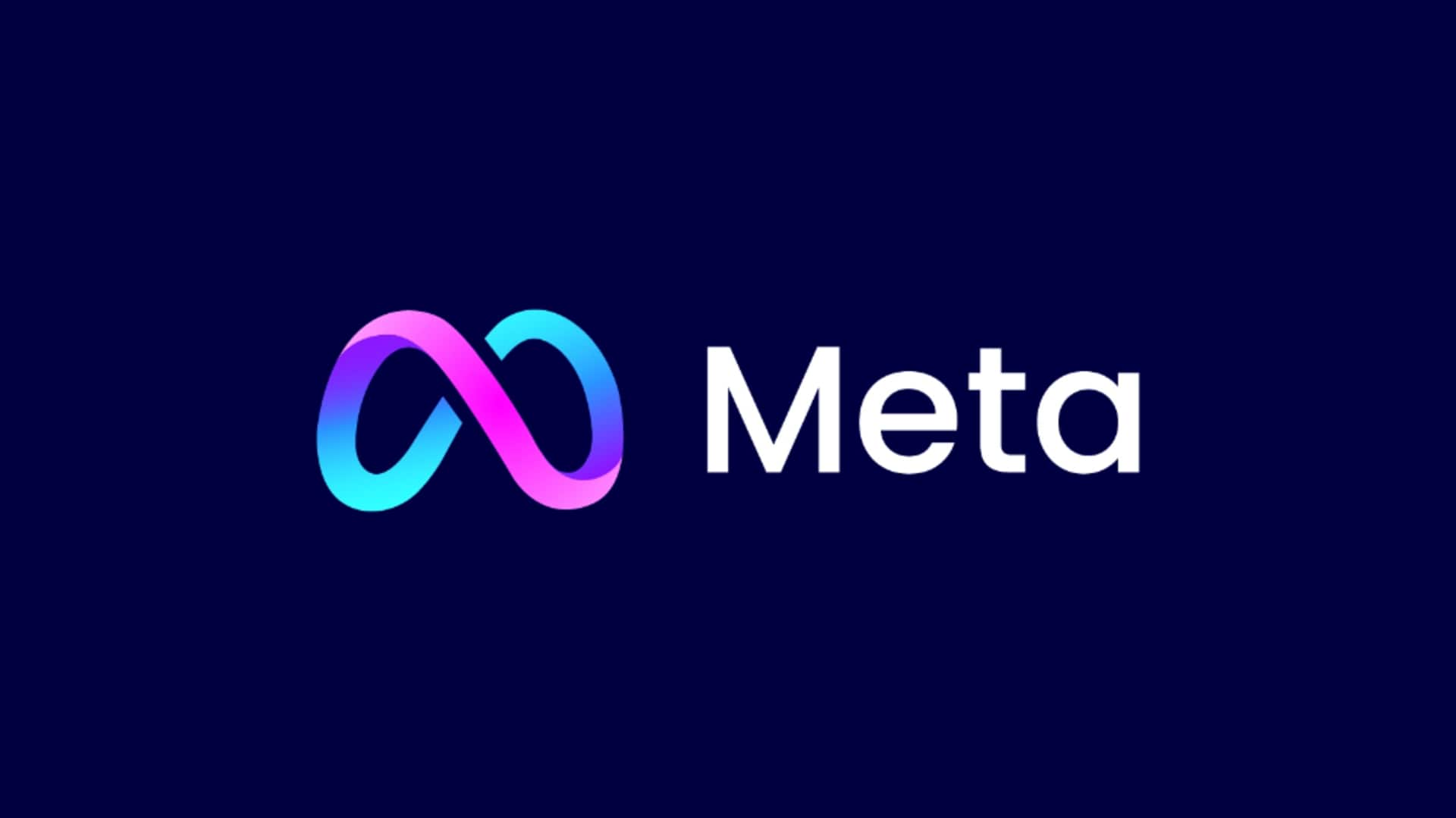
Meta releases AI-powered video generator to take on OpenAI's Sora
What's the story
Meta has unveiled its latest innovation, Movie Gen, an artificial intelligence (AI)-powered video generator. This advanced tool can produce high-definition videos with sound using text inputs. The announcement follows OpenAI's introduction of Sora, a similar text-to-video model. However, unlike Sora which is not yet publicly accessible, Movie Gen offers a range of unique features that set it apart in the AI technology landscape.
Advanced features
Unique video generation capabilities
Movie Gen is not just capable of creating new videos, but can also modify existing footage or still images. The audio incorporated into these videos is AI-generated, perfectly aligning with the visuals via ambient noise, sound effects, and background music. The tool can create videos in various aspect ratios, and generate up to 16 seconds of video at 16 frames per second. It can also create up to 45 seconds of audio content.
Editing prowess
Movie Gen's editing capabilities and performance
In addition to creating new content, Movie Gen can be used to edit existing footage by altering its style, transitions, or adding elements that were not previously present. These modifications can be done using text prompts. Meta has shared data from several blind tests where Movie Gen outperformed other competitors in the segment like Runaway Gen 3, OpenAI's Sora and Kling 1.5.
Release update
Meta's stance on Movie Gen's release
Despite the impressive capabilities of Movie Gen, Meta's Chief Product Officer, Chris Cox, has stated that the company is not ready to launch this as a product anytime soon. He cited high costs and lengthy generation time as reasons for this decision. However, Cox also emphasized that Movie Gen leads the industry in text-to-video quality across several areas, including video-matched audio, precise editing, and character consistency/personalization.
Ethical concerns
Concerns surrounding AI video generators
The rise of AI video generators has sparked concerns about ownership and potential misuse. For instance, AI start-up Runaway reportedly trained its video generator on thousands of YouTube videos without permission, an action that YouTube CEO Neal Mohan stated would breach the platform's terms of use. Meta, however, has clarified that it trained Movie Gen on "a combination of licensed and publicly available datasets," but did not disclose specific details.